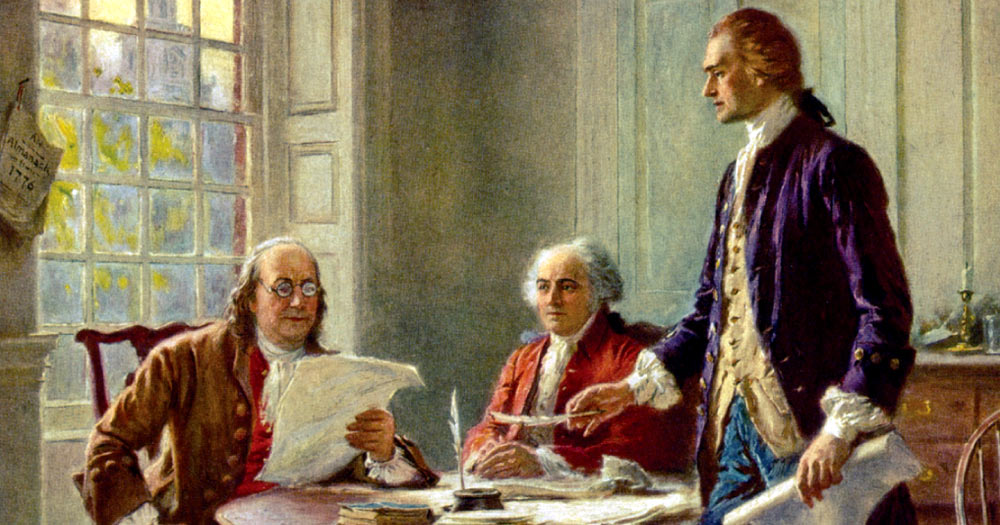What a pleasure — comparing notes with Nick Tomboulides, executive director of U.S. Term Limits, my old job.
Speaking on a panel last week at the Young Americans for Liberty National Convention,* Illinois came up. Nick agreed that if the Land of Lincoln had a term-limited legislature, we would never have heard the end of it: “Term limits are a failure!”
Illinois, you see, is a failed state, confessing the lowest credit rating in history.
Only a notch above junk bond status.
The media would have incessantly blamed “inexperience” for the fiscal implosion.
In reality, though, Illinois is a career politician’s paradise. Speaker Michael Madigan (D‑Chicago) has spent the last 45 years in the legislature and all but two of the last 34 years as the chamber’s top banana.
Oh, it’s been a great ride for this longest-serving House Speaker in modern history. He’s grown wealthy while “serving” in office — and provided himself with a lucrative (and curiously gamable) state pension.
On the panel, Mr. Tomboulides highlighted “Ranking the States by Fiscal Condition,” a recent study by the Mercatus Center at George Mason University. Though only 15 of the 50 states have term-limited legislatures, those term-limited states represent a majority, eight of the top 15 ranked states. Among the states ranked at the very bottom, none have term limits.
“For years they’ve warned that term limits would lead to inexperience which would produce fiscal ruin,” Tomboulides wrote at the U.S. Term Limits blog. “This report proves the opposite is true — that term limits states do better than those run by prehistoric politicians.”
And yet, somehow, not once have Nick or I seen the state’s financial woes blamed on careerism.
This is Common Sense. I’m Paul Jacob.
* Feel good about the future: Very smart group of young folks at this YAL event.











